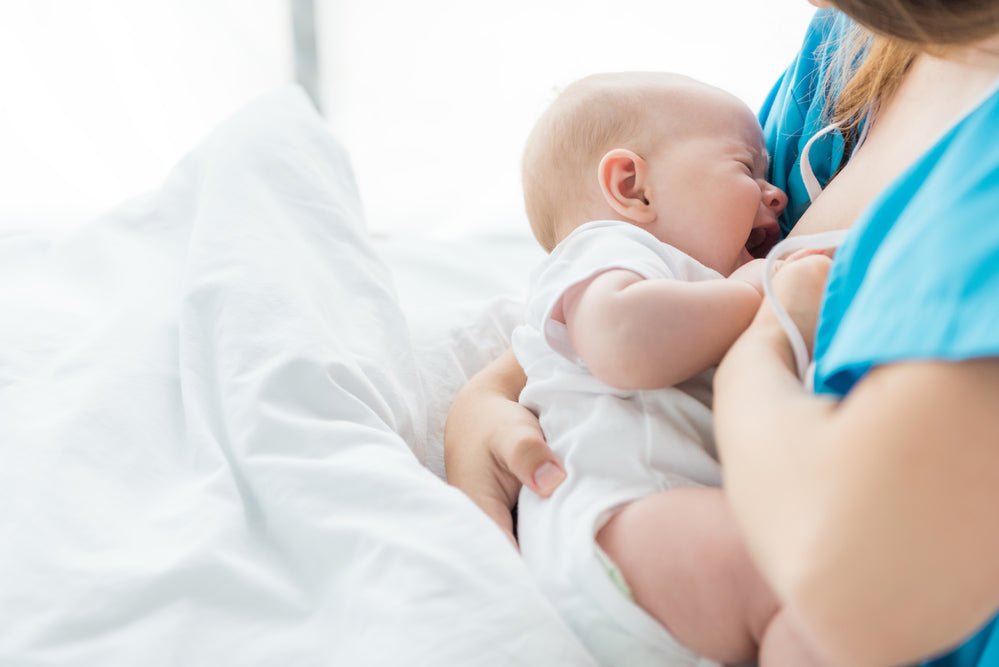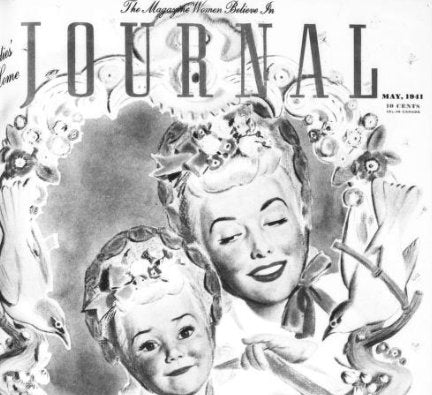These days, hospitals around the world see more children with respiratory illnesses than usual. Viruses like COVID and RSV are circulating everywhere.
Breastfeeding has been shown to reduce the incidence and severity of respiratory illnesses. Cushing et al. (1998) conclude that "reduced incidence of lower respiratory infections and shorter duration of all respiratory illnesses suggests that breastfeeding reduces the severity of infant respiratory illnesses during the first 6 months of life".
However, once your child is sick and congested and/or has trouble breathing, it might be hard for them to breastfeed.
Katie, a CLC and kindestCup customer, wrote an excellent article on her website on what to expect if your baby is hospitalized with RSV. Unfortunately, she had this experience with all three of her babies and she nursed all three of them through the entirety of their sickness.
Katie writes: "RSV can definitely make breastfeeding harder [...]. Because their little noses get so filled with mucus, the act of nursing and breathing can be really hard."
Katie explains "they will sometimes have trouble coordinating breathing and nursing, and they end up choking or sputtering. If this happens, just unlatch, make sure they are okay, and consider changing positions."
To help with feeding, Katie recommends to ask the hospital staff to suction away the mucus before each feed. The suction devices used in the hospital are a lot more powerful than the average nasal aspirator you might use at home. Katie says "Babies hate it, and it is really intense. However, it really clears them out well."
In addition, the infection "can also make them super tired, which can make it hard for them to eat as much." If dehydration becomes an issue, they may need IV fluids.
Due to difficulty with breastfeeding and reduced milk intake, Katie recommends to be prepared to express milk during the hospital stay. The hospital probably has a pump but it may not be available when you need it. If you don't have access to a pump, you can always hand express.
Katie mentions kindestCup: "This thing [kindestCup] is amazing! It makes it easy to either collect milk while you nurse (like a Haaka) or hand express in to and then you can easily feed your baby with it like a cup."
kindestCup is not a medical product and hopefully we'll soon be done with this wave of respiratory illness. However, given the current circumstances, I am grateful that kindestCup can support and protect breastfeeding, even under these challenging circumstances.
If you need to know more about RSV, the symptoms, treatments, what to expect in the hospital etc. please read Katie's full article.





